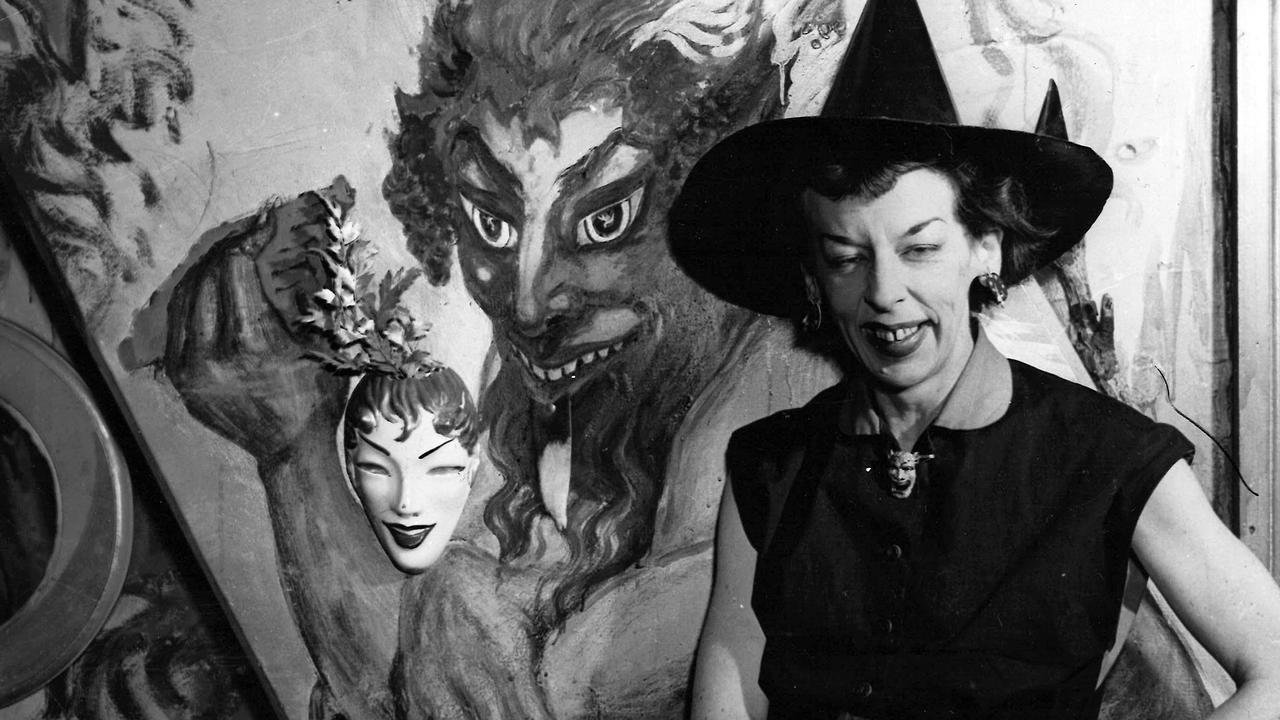Why George ‘Chinese’ Morrison was ‘most important Australian that ever lived’
Adventurer, secret agent and political dynamo George Morrison was “the most influential Aussie who ever strode the planet”, according to a new book.
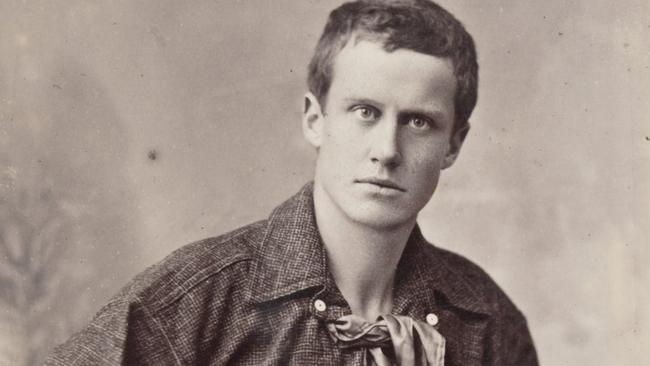
In Black and White
Don't miss out on the headlines from In Black and White. Followed categories will be added to My News.
George “Chinese” Morrison was renowned as an Australian adventurer, journalist, secret agent – and eventually chief adviser to the president of China during World War I.
While Morrison’s name is virtually unknown today, historian Jim Haynes describes him as the most influential Australian who ever strode the planet.
Morrison is the subject of today’s episode of the In Black and White podcast, the first of a six-part series from Haynes’ latest book, Adventurers, Pioneers and Misfits:
“I think we can say, and I truly mean this, he was the most important Australian that ever lived,” Haynes says.
“Even if you just look at the influence he had in Asian politics, that alone stamps him, on the world political stage, he’s the most important Australian that ever lived.”
Morrison was born in 1862 in Geelong and attended Geelong College, where his father was not only the principal, but also the owner of the school.
At 17, he walked about 1000km from Geelong to Adelaide to see cricketing great Affie Jarvis play, the first of many epic treks on foot over his lifetime.
As an adult, he once trekked almost 5000km from Shanghai in China to Yangon in Myanmar.
After a year of medical study at Melbourne University, he gave in to his urge to be a journalist and adventurer instead.
Haynes says Morrison convinced David Syme, editor of The Age, to pay him one pound per column to report from a blackbirding ship, the Lavinia, sailing out of Queensland.
He says Morrison’s reports helped turn the tide of public opinion against the thinly disguised slave trade that provided a workforce for the cane fields.
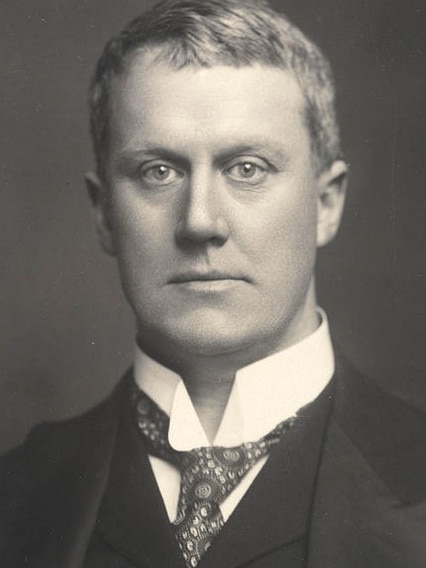
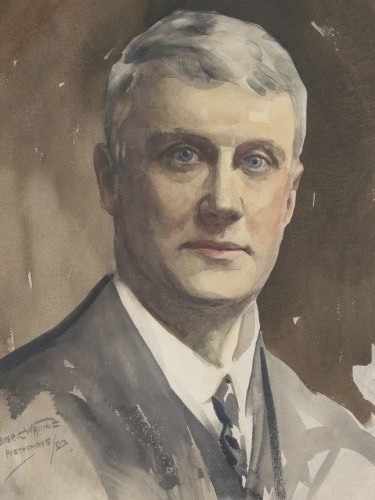
Later, Morrison trekked into the wild jungles of New Guinea, where he was nearly killed. He was found in a pool of his own blood with two spears protruding from his body.
Eventually, Morrison finished his medical studies and practised for two years in Ballarat.
Two decades after Burke & Wills’ ill-fated attempt to cross the continent from south to north, Morrison, aged 20, completed the same trek alone, on foot, in summer, modestly describing the 3200km walk as a “pleasant excursion” but “no feat of endurance”.
The Times of London begged to differ, dubbing it “one of the most remarkable of pedestrian achievements”.
Later, Morrison became a foreign correspondent for The Times, reporting from China, while also working as a secret agent for the British.
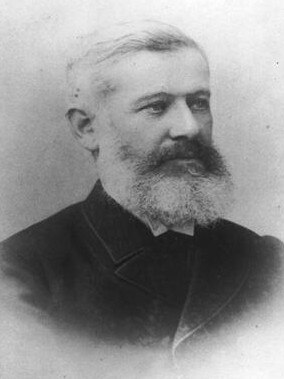
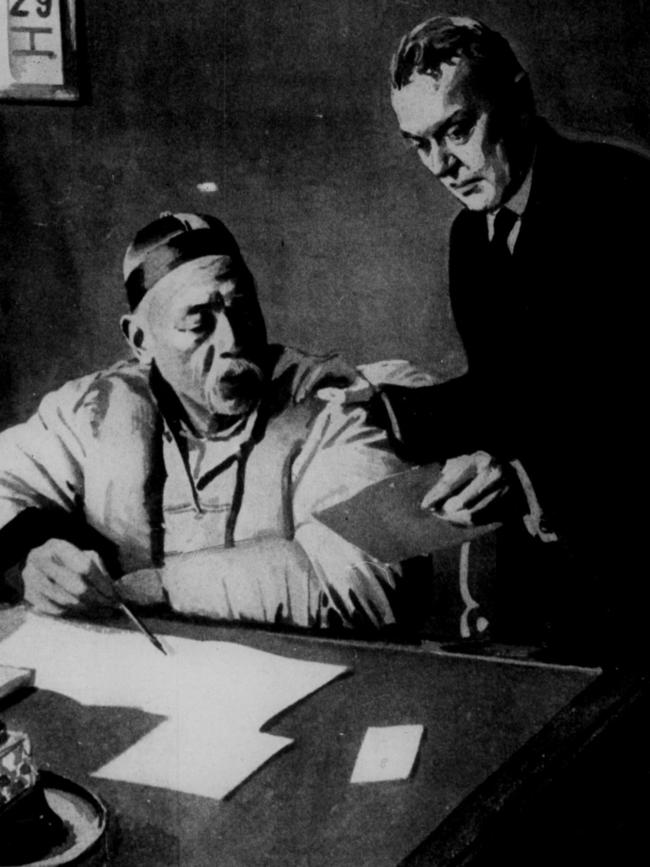
Beijing became Morrison’s base for 20 years and he fought in the Boxer Rebellion.
He was later a senior political adviser to the Chinese Government, and became what Haynes calls “virtually the foreign secretary of China”.
“When Banjo Paterson went to the Boxer Rebellion as a war correspondent … he interviewed George Morrison,” Haynes says.
“He says that he had met and spoken with many great men – Conan Doyle, Rudyard Kipling, Winston Churchill and Cecil Rhodes – but he said that George Morrison was the most impressive of all.”
Listen to the interview about George Morrison with Jim Haynes in the In Black and White podcast on iTunes, Spotify or web.
See In Black & White in the Herald Sun newspaper Monday to Friday for more stories and photos from Victoria’s past.


